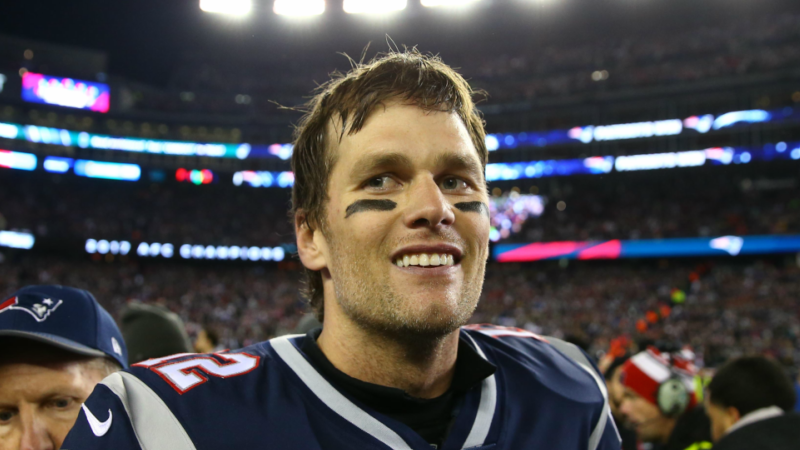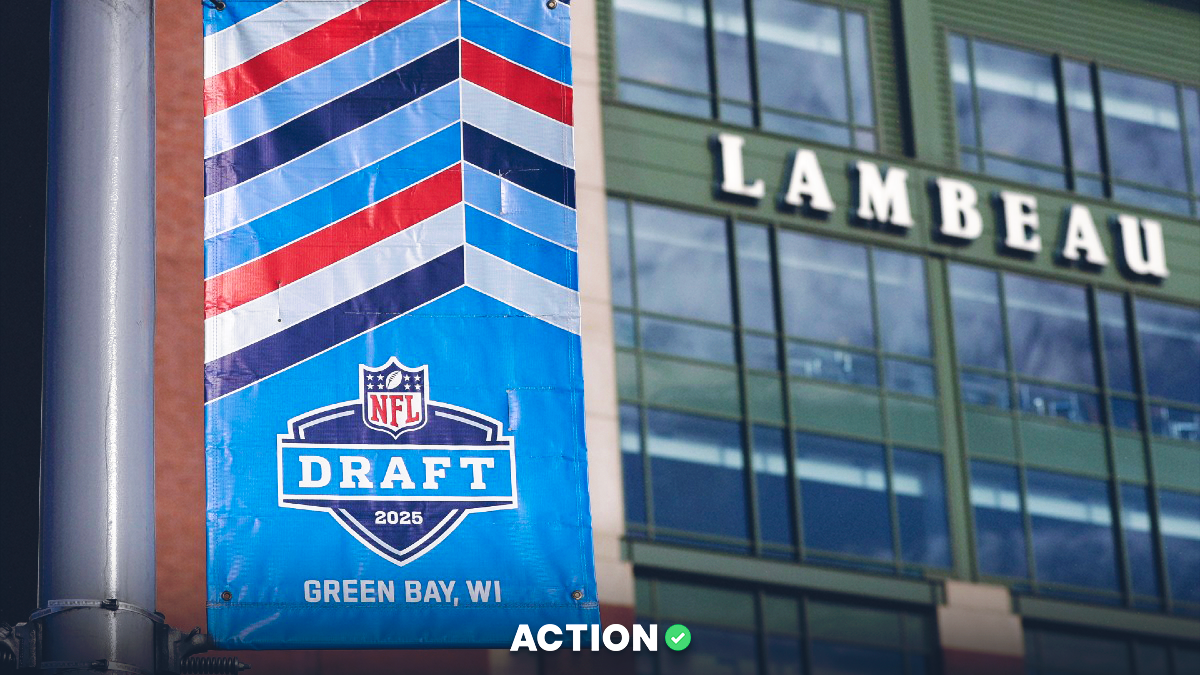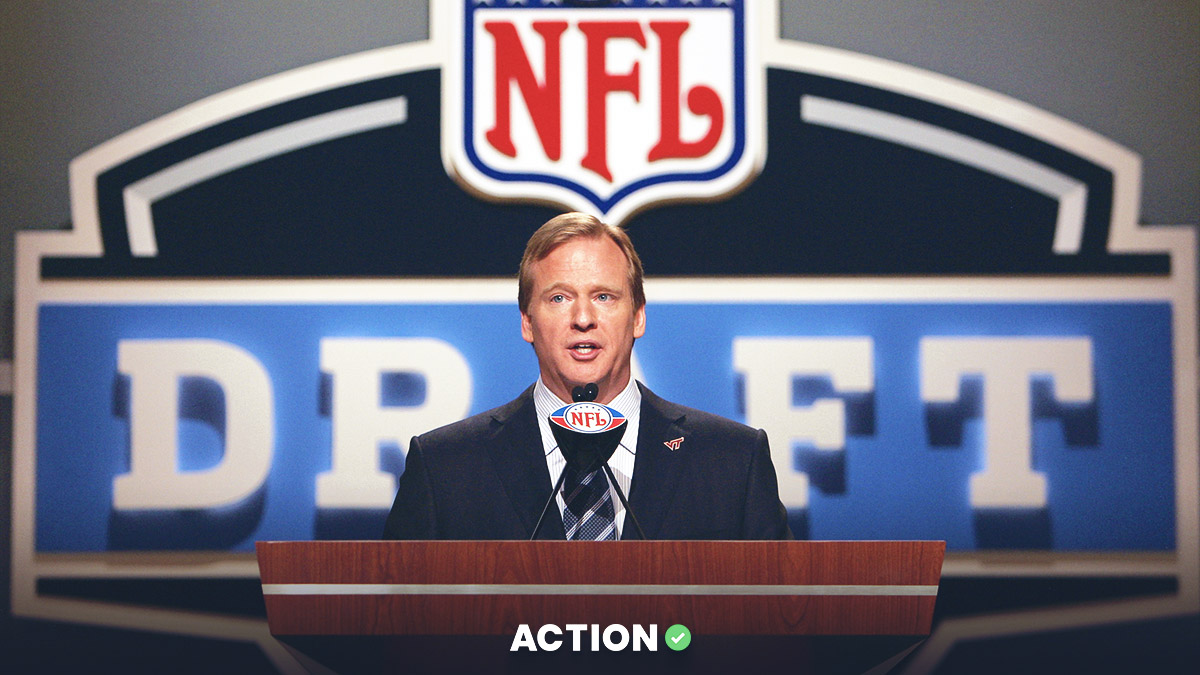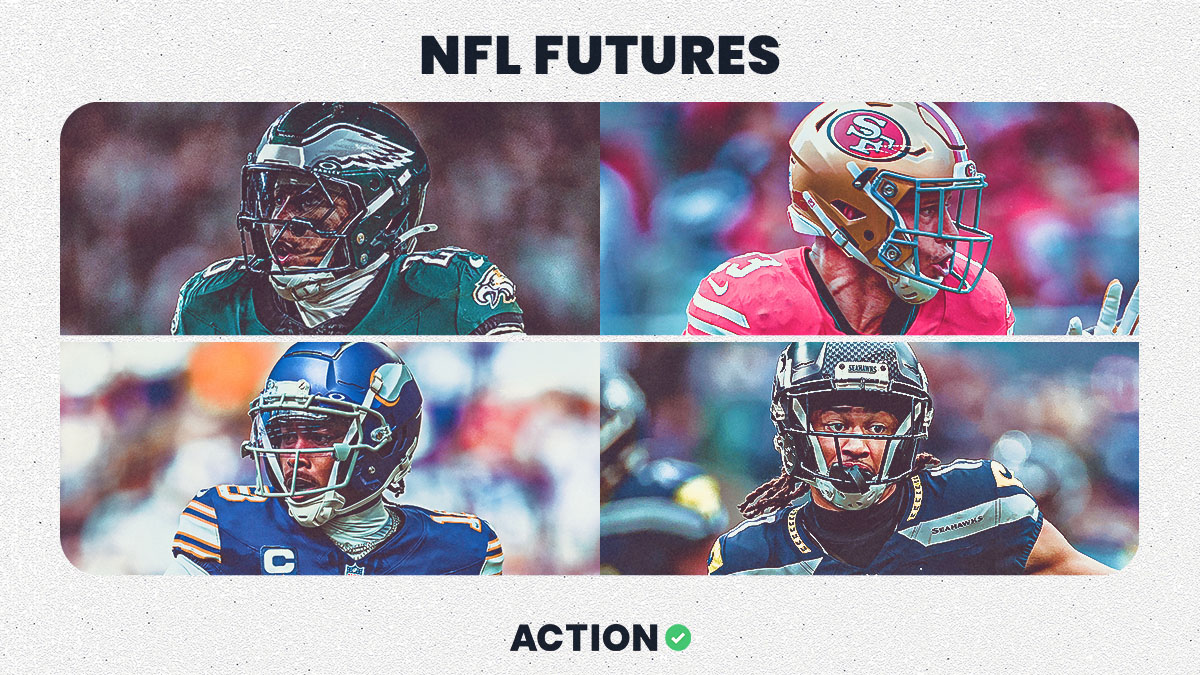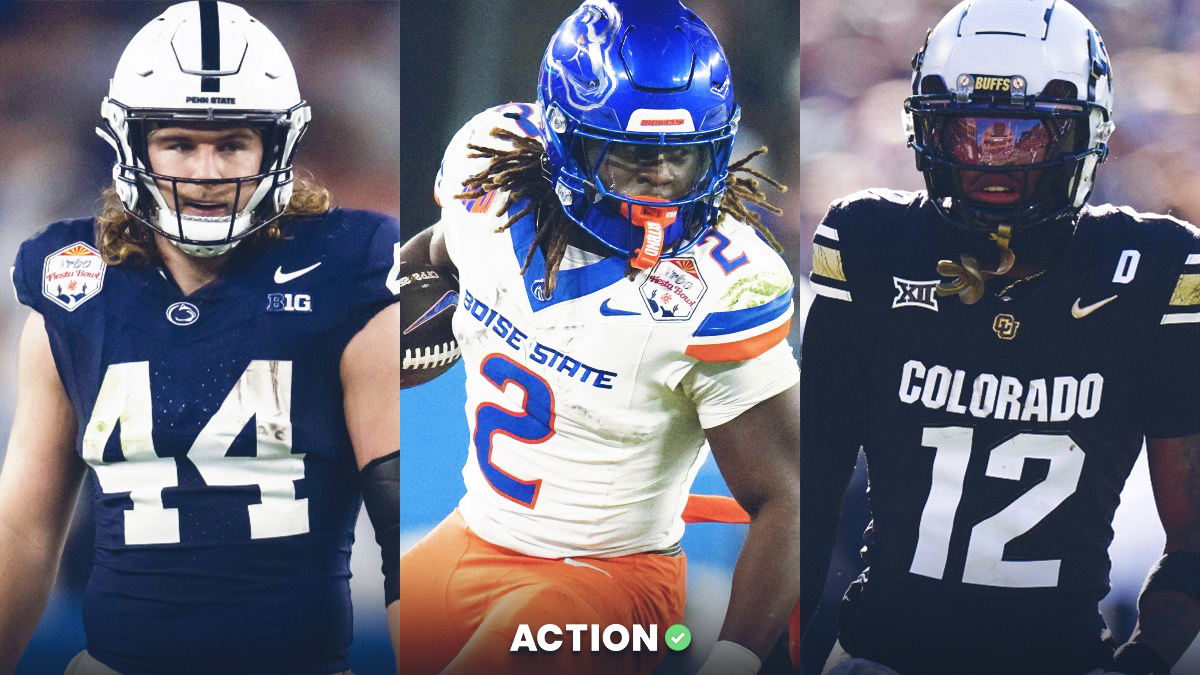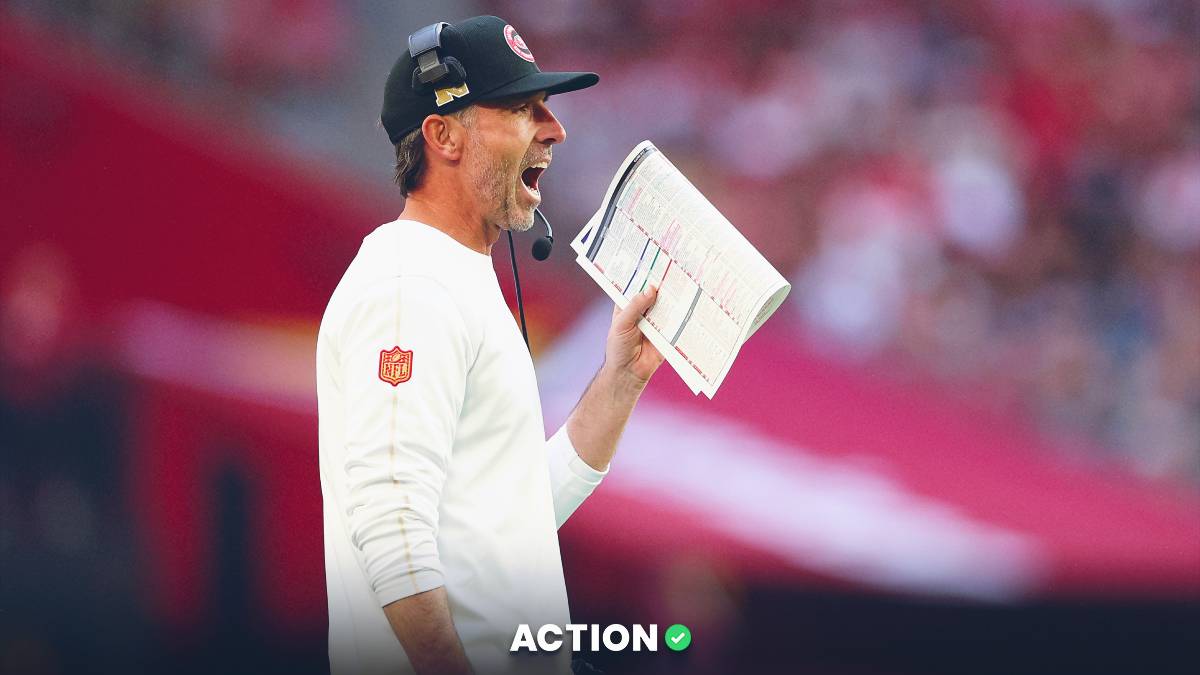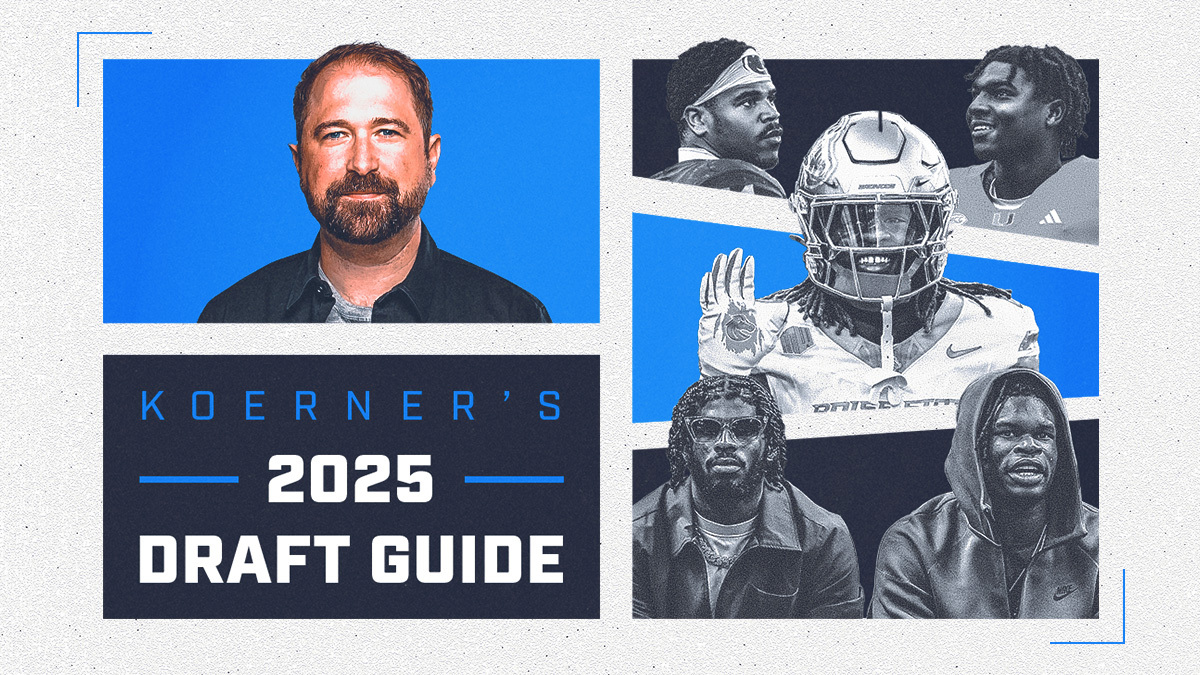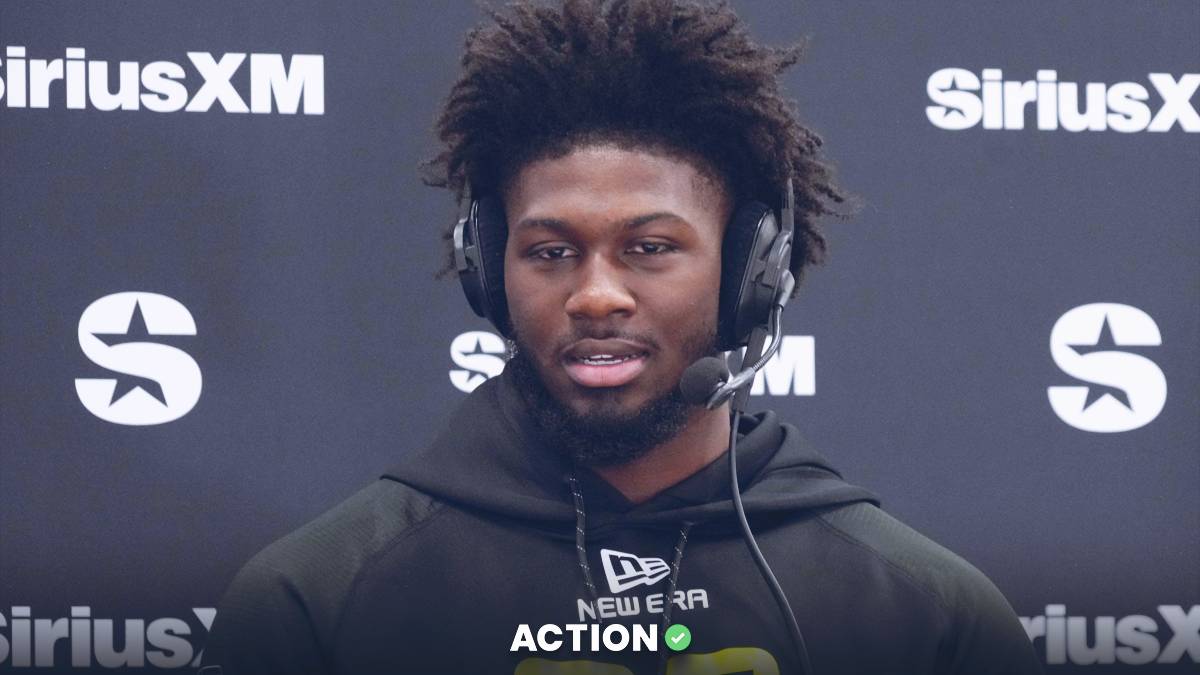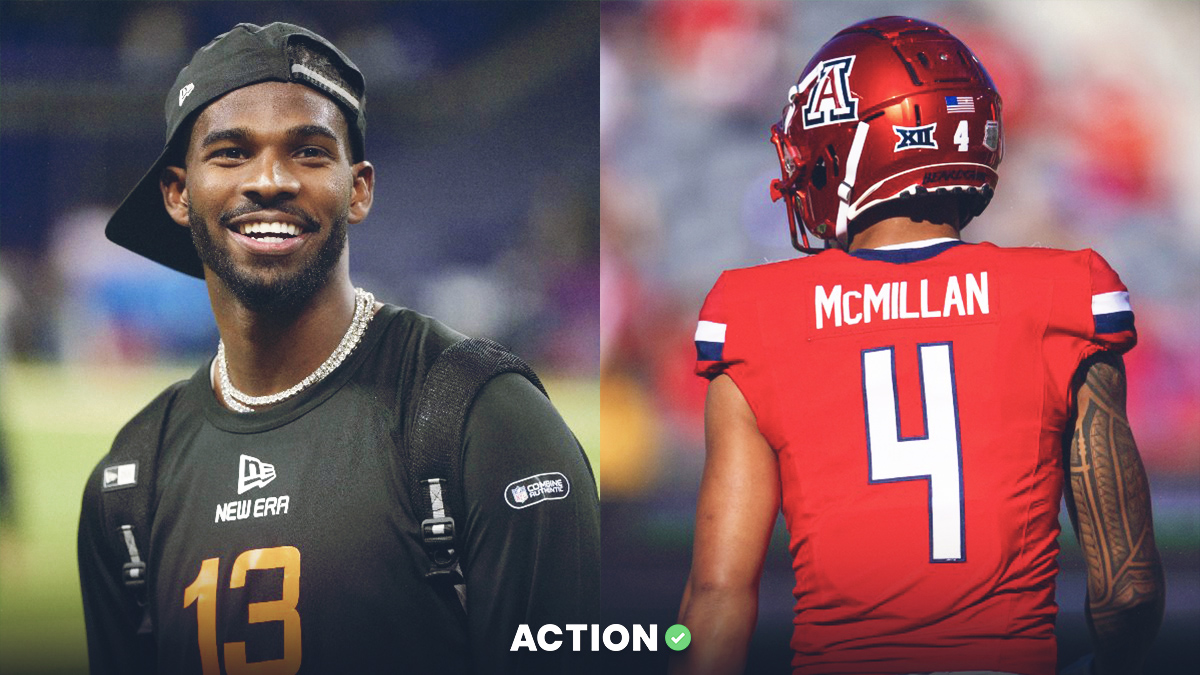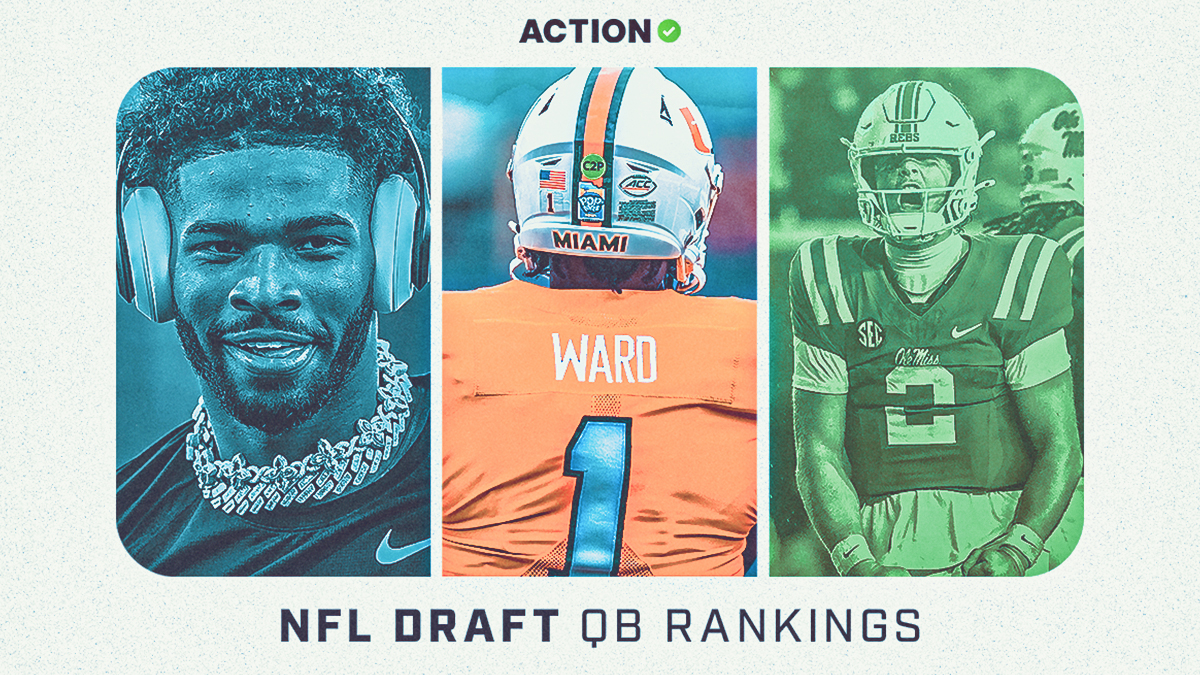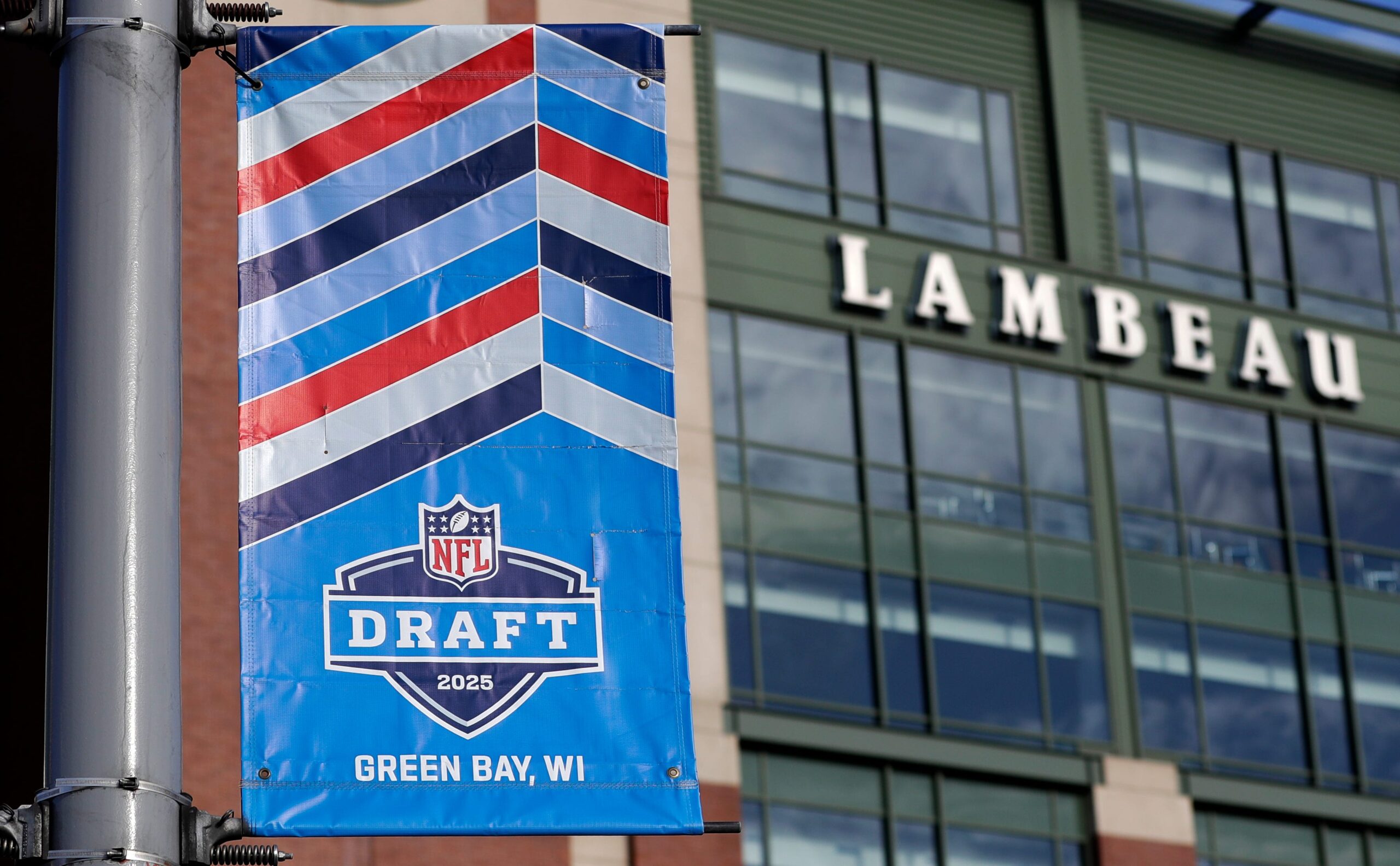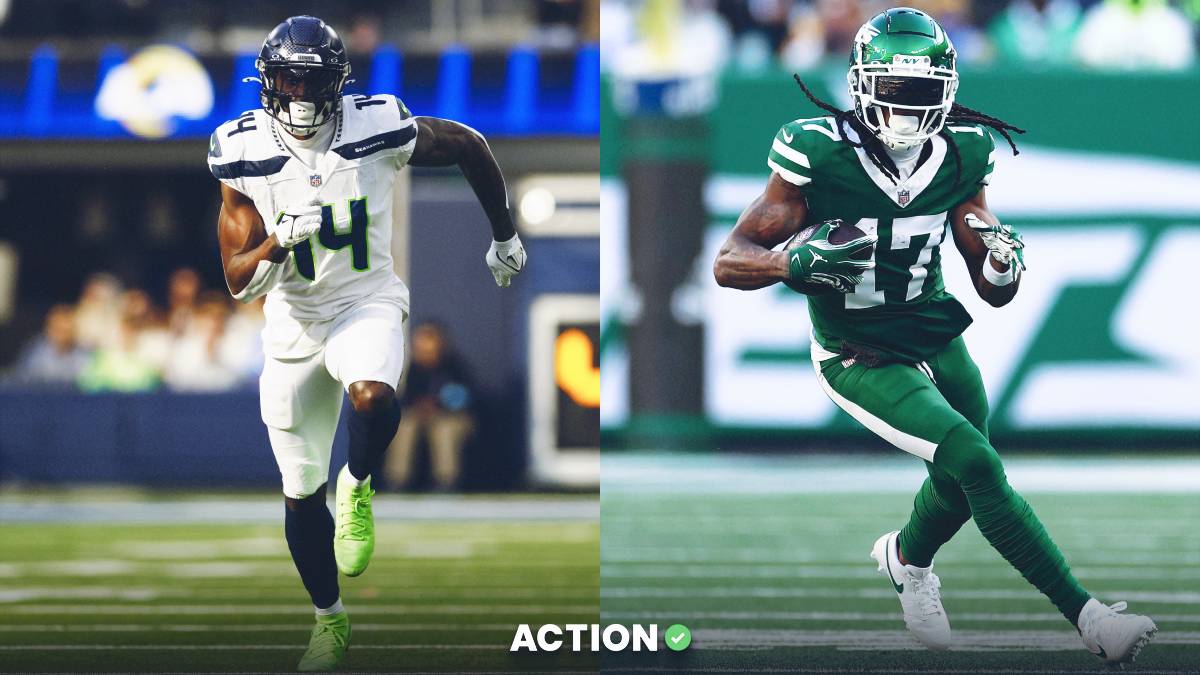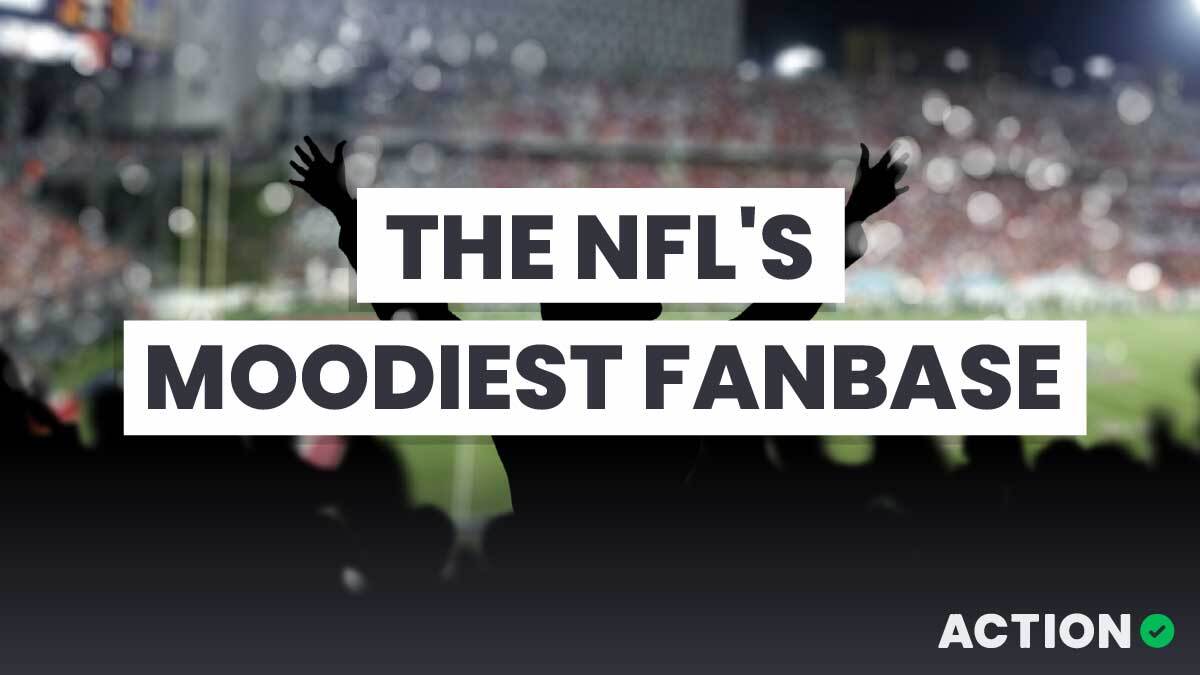Patriots quarterback Tom Brady is probably (read: definitely) the greatest of all time, but the public is lining up to bet against him in the Super Bowl. Even though the Pats opened as -6.0 favorites, the spread has been bet to -4.0. The public normally prefers favorites, especially the Pats, but 57 percent of the spread and 68 percent of the moneyline tickets are on the Philadelphia Eagles.
Some smart people, though, are backing the Patriots. For instance, on the most recent episode of The Three Donkeys Podcast, Jonathan Bales, Peter Jennings (CSURAM88), and Adam Levitan all said they like the Pats. What could go wrong when three self-proclaimed donks all like the same team?
One reason people like the Pats is because of the edge they have at quarterback, which is the most important position in the sport. While the Pats have the GOAT, the Eagles have backup quarterback Nick Foles. It's not as if Foles has done poorly — the Eagles have exceeded their Vegas expectations with him almost as much as with Pro Bowl starter Carson Wentz — but Foles isn't nearly as good as Brady.
But is the quarterbacking edge Brady provides significant enough to make the Pats a must-bet team in Super Bowl 52?
How important has the quarterbacking edge been in previous Super Bowls?
Fade the Premium Passers
For the people who like Brady and the Pats, I have unfortunate news: The Super Bowl market has radically overvalued the importance of quarterbacking superiority over the past 20 years.
On January 25, 1998, two Hall-of-Fame quarterbacks faced off: Brett Favre, who was riding a third straight MVP season and just the year prior had led the Packers to a Super Bowl victory — and John Elway, who was 37 years old and 0-3 in Super Bowls. Naturally, the Packers were -11.0 favorites.
Favre had been the superior passer during the season and his edge was obvious during the game. While he threw for 256 yards and three touchdowns on 25-of-42 passing, Elway managed just 123 yards on 12-of-22. Even so, the Broncos won 31-24 — and since then things haven't gotten much better for the Super Bowl teams with the better quarterbacks.
Adjusted yards per attempt (AY/A) is an excellent efficiency statistic that rewards passing accuracy, yardage accumulation, scoring prowess, and turnover avoidance. Good passers usually have higher marks in AY/A than poor passers. As a result, AY/A is a good proxy for quarterback skill, and it also tends to reflect the valuations the market bestows on passers relative to each other.
If we look at the Super Bowl matchups for the past 20 years and divide the teams in those games into two separate groups based on the AY/A of their starting quarterbacks, we'll see something that most people would probably not expect. The teams with the better quarterbacks — or at least the quarterbacks with higher AY/As the season leading into the Super Bowl — have significantly underperformed.
- Against the spread: 5-14-1
- Spread Differential: -8.00
Think about that. The team with the better passer on average has failed to cover the spread by more than a touchdown. That's astoundingly bad.
Compare that to the 2017 Broncos. They had one of the worst quarterback situations in the league with Trevor Siemian, Brock Osweiler, and Paxton Lynch all getting starts. Their defensive unit disappointed, going from 18.6 points per game allowed the previous year to 23.9. They went 5-11 on the season and were the league's second-worst team ATS at 4-11-1. They had the worst Spread Differential in the NFL — and that was only -6.00. And yet, relative to Vegas expectations, 2017's worst team performed better than the Super Bowl teams of the last two decades to enter the game with a passing edge.
[Insert here GIF of guy's head exploding.]
What About Teams That Are Favored?
The Vegas overvaluation of quarterbacking superiority in the Super Bowl has applied whether the better passer is on the favorite or the dog — but it's been especially egregious when he's favored.
- Against the spread: 2-9-1
- Spread Differential: -11.96
As a point of comparison: In the 10 games started by quarterbacks other than Deshaun Watson, the 2017 Texans were 2-8 ATS with a -11.15 Spread Differential. Relative to their Vegas expectations, the Texans this season with Tom Savage and T.J. Yates as the starters did better than favored Super Bowl teams led by guys like Favre, Peyton Manning, and Kurt Warner.
But What About Brady?
Does this trend of quarterbacking overvaluation apply to Brady? Yes, it does. Four times Brady has been the statistically inferior passer in the season leading up to the Super Bowl: Last year, when Matt Ryan was the MVP; in Super Bowl 49, when the Pats faced the electrically efficient Russell Wilson; and in Super Bowls 36 and 39, when Brady was still something of a game manager. Coincidentally, when Brady is the lesser passer the Pats are 4-0 straight up and 3-1 ATS with a +5.00 Spread Differential.
But in Super Bowl 52 Brady is definitely not the lesser passer.
- Brady – 2017 AY/A: 8.4 (third in the league)
- Foles – 2017 AY/A: 5.4 (31st, tied with Siemian)
Even if we take Foles' strong postseason performance into account, he still has the significantly lower AY/A.
How have the Pats done with Brady as the superior passer? In three such Super Bowls — all of which they've played as favorites — they've gone 1-2 straight up and 0-3 ATS with a -8.83 Spread Differential.
The sample is small, but it's suggestive: Brady is better than Foles, but he's probably not reason enough to bet on the Pats.
What Does This Mean for Super Bowl 52?
By no means am I saying it's bad for the Pats that Brady is superior to Foles. The numbers, however, suggest that the Super Bowl market has historically overestimated the value the superior passer adds to his team. Even though the majority of the betting public is against the Pats this week, it's still possible the market is overvaluing what Brady means to New England in this matchup: The 12 Super Bowl favorites with the better passers have a collective 4-8 record straight up and an average point differential of -5.25.
Even with Foles, the Eagles could win this game. They have outperformed expectations more than any other team has with their +7.56 Spread Differential. Given how good the Eagles have been this year, the spread still might be too great — especially given the history of preferred passers in this game.
And the long-term Super Bowl overvaluation of the superior quarterback (and Brady in particular) makes sense. The market of Super Bowl bettors is not the same as the wagering market we normally see throughout the season. The Super Bowl draws a lot of casual money from people who like football but don't regularly bet on games and aren't especially sharp at handicapping.
In a market that is softer than usual, we should generally expect to see the spread-based overvaluation of three things.
- Favorites
- Quarterbacks
- Brady
Circle gets the square.
It wouldn't be surprising if the Pats covered — it's hard to make money betting against Brady — but for Super Bowl 52 the public just might be on the winning side.
Matthew Freedman is the Editor-in-Chief of FantasyLabs. He has a dog and sometimes a British accent. In Cedar Rapids, Iowa, he’s known only as The Labyrinthian.
Photo Credit: Mark J. Rebilas-USA TODAY Sports


